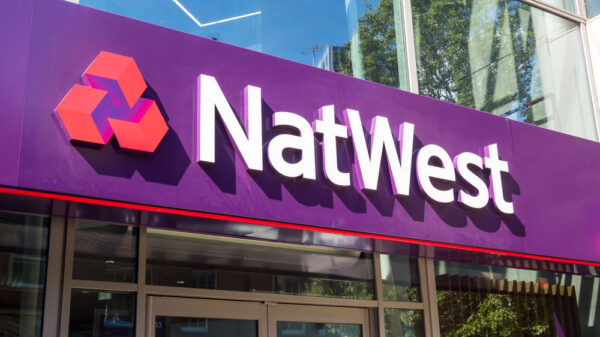Asda’s “progressive” external ESG rating offers a solid foundation against existing sustainability targets, particularly for its decarbonisation efforts.
In the first rating of its kind for the business, Asda received an entity rating of 3, where 1 is ‘excellent’ and 5 is ‘poor’.
The ESG ratings, which were carried out by financial services ratings agency Sustainable Fitch, are marked against competitors in the grocery sector, allowing Asda to better understand its own profile, risks and opportunities. The retailer also received an entity score of 54.
Asda’s progress on decarbonisation of its operations – which have reduced by 40% since 2015 – as well as its ongoing efforts to make packaging recyclable were particularly notable. Ongoing reduction in emissions also show Asda’s sustained success across all scopes.
Sustainable Fitch said that the score of 3 reflects the grocer’s “progressive effort to integrate ESG considerations into its business strategy” and provides a solid foundation from which to progress.
Subscribe to Sustainability Beat for free
Sign up here to get the latest sustainability news sent straight to your inbox everyday
Asda’s rating is also supported by its sound human and labour rights policies and balanced workforce, which is 49% female.
Chief financial officer Michael Gleeson said that external ESG ratings are “increasingly important to investors and customers alike” and will help to improve transparency about how it is “progressing [its] ESG targets”.
Gleeson also said he was pleased that the score was “already in line with the largest retailers in our sector” as the supermarket continues to grow its business across the UK.
Opportunities to improve Asda’s score in the future include additional reporting, such as building climate-related scenario analysis into its forthcoming accounts for 2023.
Last year, the supermarket reported that it reduced its carbon footprint by 8% in 2022. It reduced Scope 1 and 2 emissions by 40% from a 2015 baseline and is on the way to hitting a 50% reduction target by 2025 and reaching net zero emissions by 2040.
Elsewhere, the grocer has collaborated with other UK supermarkets to reduce emissions within their supply chains.










